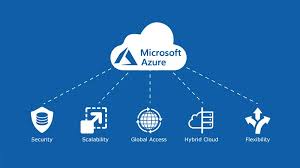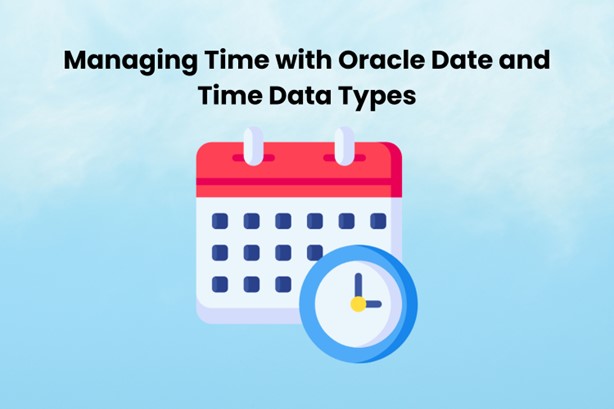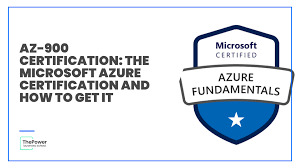Introduction:
In the ever-evolving landscape of cloud computing, Microsoft Azure has emerged as a leading platform, providing a robust set of services for businesses and individuals alike. Whether you are an IT professional, developer, or a technology enthusiast, acquiring training in Azure can open up a plethora of opportunities. This article serves as a comprehensive guide on how do I get training in Azure, covering various learning paths, resources, and certification options.
-
Define Your Learning Objectives: Before diving into Azure training, it’s crucial to identify your learning objectives. Azure offers a diverse range of services, including infrastructure, AI, data, and developer tools. Whether you aim to become a cloud architect, developer, or data engineer, understanding your goals will help tailor your learning path.
-
Explore Microsoft Learn: Microsoft Learn is a free, interactive learning platform provided by Microsoft. It offers hands-on labs, video tutorials, and documentation across various Azure services. Beginners can start with the Azure Fundamentals module, while experienced professionals can explore more advanced topics such as Azure DevOps or Azure Machine Learning.
-
Online Courses and Platforms: Numerous online platforms offer Azure courses, often led by industry experts. Platforms like Coursera, Udemy, and Pluralsight provide courses ranging from Azure basics to specialized topics. Microsoft also partners with edX to offer courses from top universities.
-
Official Documentation and Documentation Labs: Azure’s official documentation is a valuable resource for in-depth learning. The documentation is comprehensive and regularly updated. Additionally, Azure offers hands-on labs that allow you to apply your knowledge in a real environment, reinforcing your understanding of concepts.
-
Certifications: Microsoft Azure certifications validate your expertise and are highly regarded in the industry. The certifications are categorized into fundamental, associate, and expert levels. Popular certifications include Azure Fundamentals, Azure Administrator, Azure Developer, and Azure Solutions Architect. Prepare for these exams using Microsoft Learn, practice tests, and real-world experience.
-
Join Communities and Forums: Engage with the Azure community to enhance your learning experience. Platforms like Stack Overflow, Reddit (r/Azure), and the Azure Community forums are excellent places to seek advice, share experiences, and gain insights from others in the Azure ecosystem.
-
Hands-On Experience: Practical experience is crucial in Azure training. Create a free Azure account to access a limited amount of resources for experimentation. Azure also provides a sandbox environment for hands-on learning without incurring costs.
-
Attend Events and Webinars: Stay updated on the latest Azure developments by attending webinars, virtual events, and conferences. Microsoft regularly organizes events like Microsoft Ignite, where you can learn from experts, discover new features, and connect with the Azure community.
-
Network and Collaborate: Networking is an essential aspect of any career development. Join LinkedIn groups, participate in discussions, and connect with professionals in the Azure space. Collaborate on projects and seek mentorship to accelerate your learning journey.
Conclusion:
Getting trained in Azure is an empowering step toward mastering cloud technologies and advancing your career. Whether you choose self-paced online learning, official certifications, or a combination of both, the key is to stay committed to continuous learning and hands-on practice. The dynamic nature of cloud computing makes Azure an exciting field, and with the right training, you can position yourself as a skilled professional in this rapidly evolving industry.













